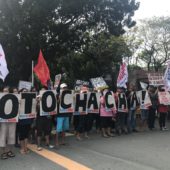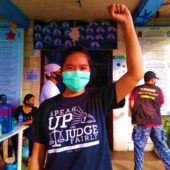First transgender seminarian in PH shares her calling into the vocation

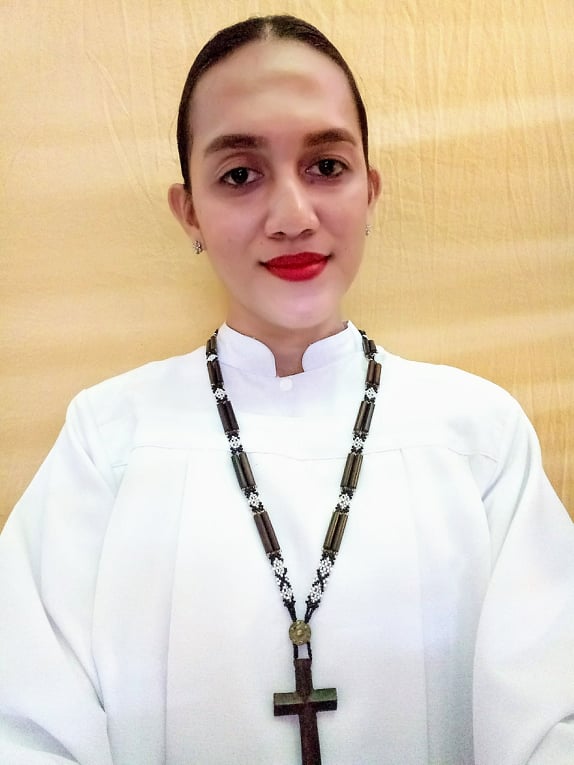
By Sister Wylard ‘Wowa’ Ledama
“ARE YOU a boy or a girl?”
Early on, I knew the definite answer: “Girl.” However, my parents introduced me to the world as their son. They did that because the doctor told them I was a boy based on my genitals.
I’d spend half of my childhood years with my ever-supportive late grandmother, who reinforced my girlhood. Most of the time, she would let me borrow my cousin’s full balloon skirt, which I would joyfully wear while assisting her with chores at home. She’d even taught me traditional women’s skills: cross-stitching, creating flowers from crepe paper and cutting out letters for decorations. All these childhood experiences made me very conscious that I was, indeed, a girl! I held firm to this awareness from high school until college.
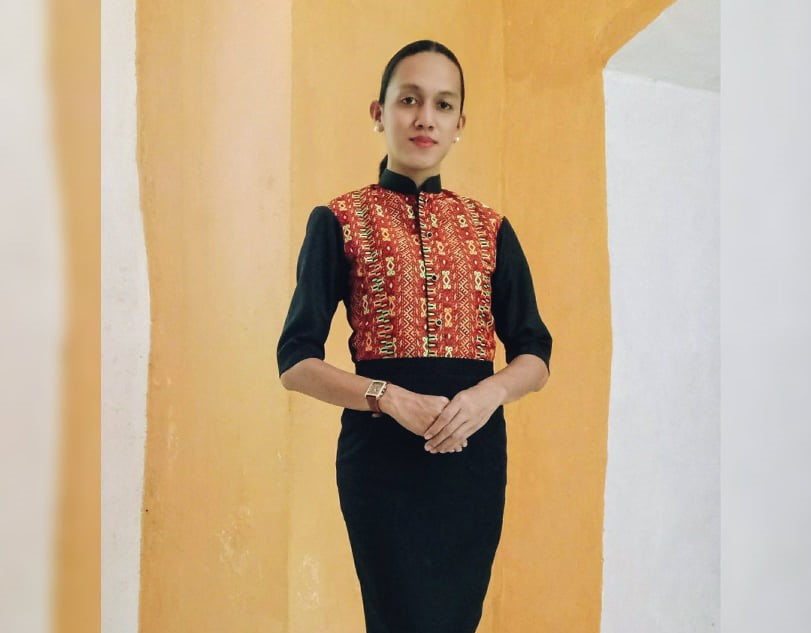
“Our Common Humanity, Our Shared Dignity” … ignited my spirit; shifted my focus from the clinical to the pastoral track.
Sister Wowa Ledama
After graduating from college with a nursing degree, I started taking hormones, publicly donning women’s clothing and wearing makeup. I did clinical work as a nurse and, at the very same time, started actively participating in the Iglesia Filipina Independiente (IFI) Cathedral in Pagadian City. I had no hint at all how the congregation would react to a transwoman faithful but, later on, I gained acceptance with minimal resistance from people who may have come from a conservative upbringing. They questioned my capabilities as an individual and doubted my intentions, but I pushed through and became a youth leader.
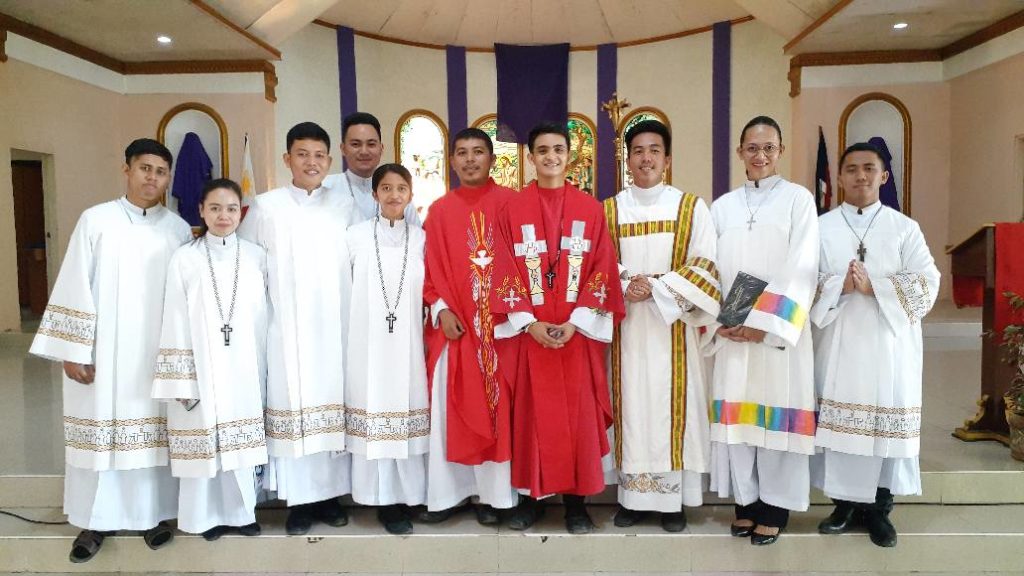
In February 2017, the IFI Supreme Council of Bishops released the statement, “Our Common Humanity, Our Shared Dignity,” which recognized, affirmed and rejoiced the presence of the LGBTIQ+ community in the Church, and acknowledged that we have enriched the life, work and witness of IFI. It ignited my spirit; shifted my focus from the clinical to the pastoral track. It served as my motivation to undergo seminary formation. Going through the document, I thought the priesthood would be an effective way to deliver the boundless and supreme love of God. Thus, at the risk of judgment and great difficulty, I chose to become a transwoman seminarian at the Aglipay Central Theological Seminary. Lo and behold, I would be the first transwoman seminarian in the notoriously conservative Philippines.
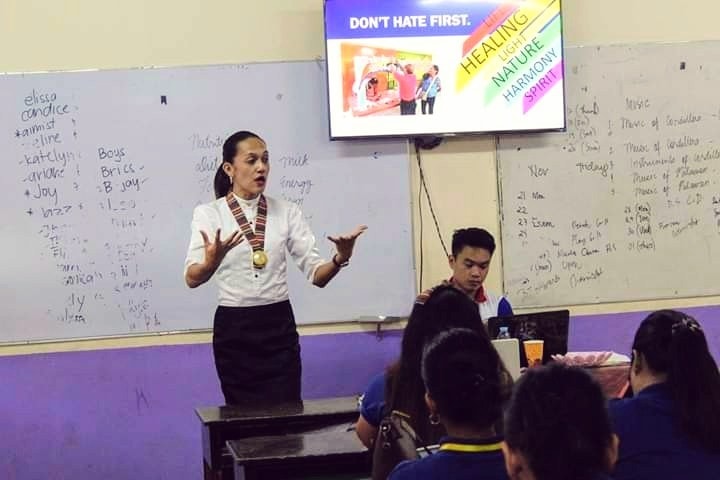
In my journey, I’ve met a lot of good people who helped me cope with my daily troubles. Those uplifting individuals make me believe that there is hope for us, the marginalized, whom others have called immoral sinners for centuries. I do wonder how, in the bigger picture, policymakers do not seem affected by the plight of LGBTIQ+ individuals or touched by the compassion and acceptance many have extended to us — even through all the mobilizations, consultations and lobbying efforts. They always respond, “The nation is not ready.” It is an attitude that insults and dehumanizes LGBTIQ+ individuals.
Despite the stonewalling, I continue to dream of a community where no person feels insecure and unsafe in their identity; where pigeonholes and stereotypes are no more; where gender and sexual minorities do not need to fight for their existence and validation. I still yearn for a world where everyone can express their authentic self, and not be trampled on because of it.
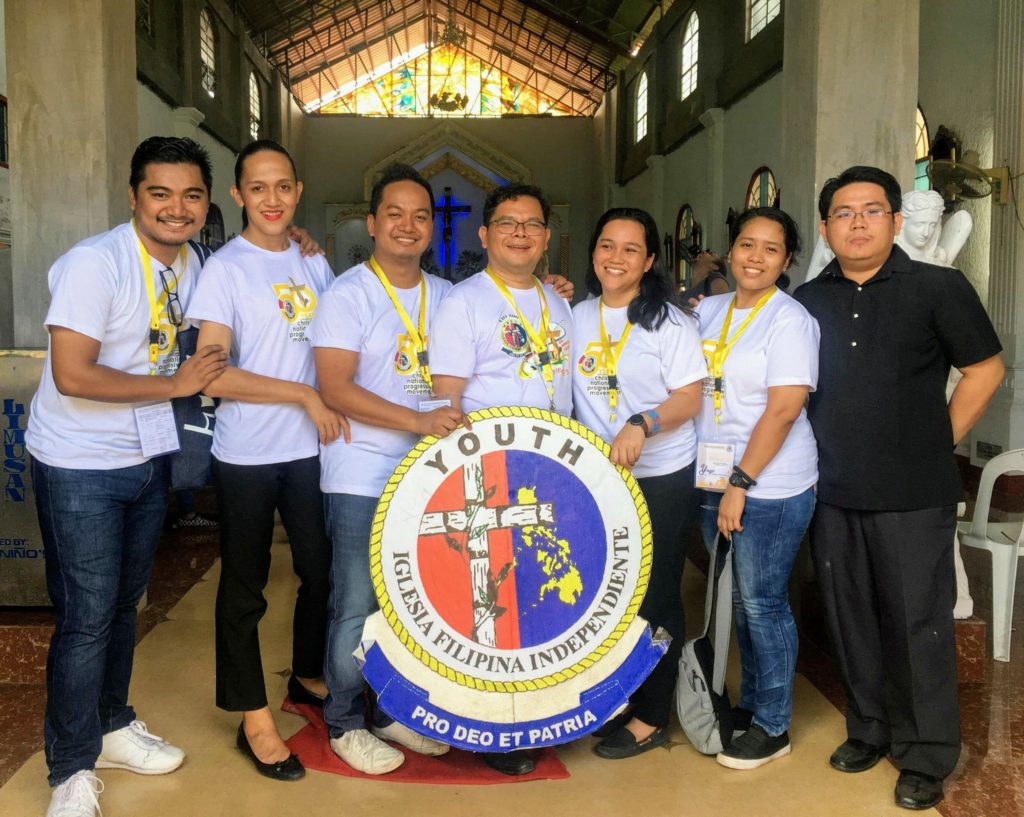
In this unique position, I know I can contribute to realizing that dream shared by millions of LGBTIQ+ siblings. I am now an eye-opener. In my passage to priesthood, I am proving that the vocation is inclusive, welcoming anyone committed to work in the vineyard of God. In forging ahead, I am lucky I mustered up the gender-neutral values of conscience, persistence and honesty.
May the diversity that God provided to the world be appreciated by everyone, and the rainbow shine brighter.
———–
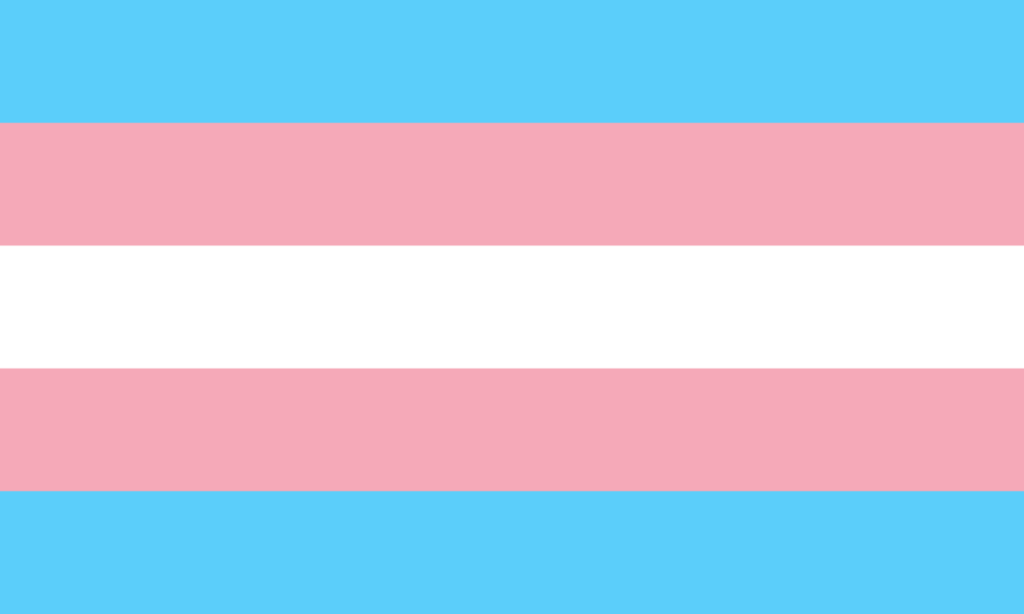
TRANSGENDER is an umbrella term for people whose gender identity and/or gender expression differs from what is typically associated with the sex they were assigned at birth. People under the transgender umbrella may describe themselves using one or more of a wide variety of terms — including transgender. Many transgender people are prescribed hormones by their doctors to bring their bodies into alignment with their gender identity. Some undergo surgery as well. But not all transgender people can or will take those steps, and a transgender identity is not dependent upon physical appearance or medical procedures. – The Center (https://gaycenter.org/)

